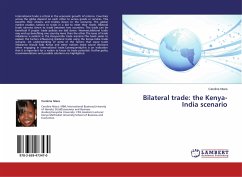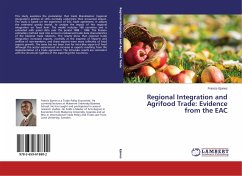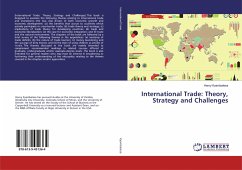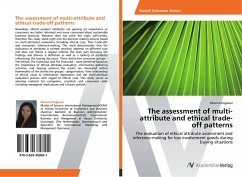Ethical trade is an important part of global governance. This book examines how that system of justice is being negotiated, and if it benefits the poor in developing economies. I employ an analytical framework addressing weaknesses in corporate responsibility theory to explain the roles of business in global governance. I use this framework to study the implementation of four voluntary standards in Indonesia, Ghana and Zimbabwe. I develop this to discuss how ethical trade has been negotiated, and how that affects the intended developing country beneficiaries. The book is aimed at scholars of self-regulation and multistakeholder co-governance. It allows those wanting to go beyond a technical understanding of ethical trade, to explore its embedded, structural dimensions. Additionally, it contains a wealth of data on ethical trade in developing countries, and data to study the history of corporate responsibility.
Bitte wählen Sie Ihr Anliegen aus.
Rechnungen
Retourenschein anfordern
Bestellstatus
Storno








